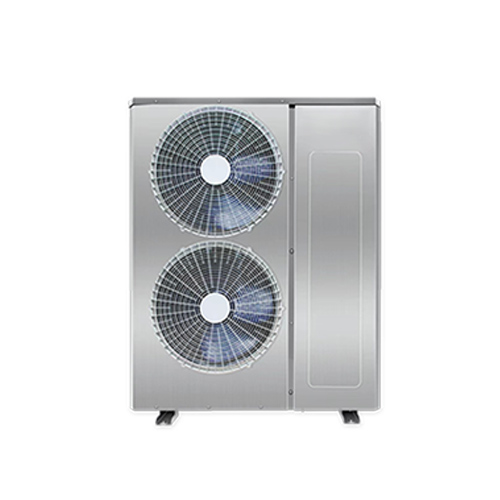Optimizing Efficiency in Industrial Cooling Systems for Enhanced Performance and Sustainability
Understanding Industrial Chiller Systems A Comprehensive Overview
In today’s manufacturing and processing industries, temperature control is essential for preserving product quality and operational efficiency. One of the most vital components in this regard is the industrial chiller system. These systems are specifically designed to cool processes or equipment, ensuring that operations run smoothly while maintaining adherence to safety and quality standards. This article delves into the functionality, types, applications, and importance of industrial chiller systems.
What is an Industrial Chiller System?
An industrial chiller is a refrigeration device that removes heat from a liquid via a vapor-compression or absorption refrigeration cycle. The chilled liquid is then circulated through various processes or equipment to absorb heat, essentially lowering the temperature of those systems. Industrial chillers are crucial for several applications, including cooling machinery, manufacturing products, and preserving food and pharmaceuticals.
The Components of Industrial Chiller Systems
Industrial chiller systems typically consist of several key components, each playing a crucial role in the refrigeration cycle
1. Compressor This component pumps the refrigerant through the system, compressing it and increasing its pressure, which is vital for the heat exchange process. 2. Condenser The condenser cools the compressed refrigerant, turning it from a gas into a liquid. This is typically done using air or water as a medium to remove heat from the refrigerant.
3. Expansion Valve This device regulates the flow of refrigerant into the evaporator. It allows the high-pressure liquid refrigerant to expand and drop in pressure, initiating the cooling process.
4. Evaporator In the evaporator, the refrigerant absorbs heat from the environment or process fluid, causing it to vaporize and cool down the liquid that flows through the system.
5. Pump This circulates the chilled liquid to the point of use, ensuring efficient heat exchange.
Types of Industrial Chillers
industrial chiller system

Industrial chillers come in various types, each suited for specific applications
- Air-Cooled Chillers These use air to remove heat from the refrigerant, making them suitable for environments where water is scarce. They are often used in smaller applications or where water cooling is impractical.
- Water-Cooled Chillers These utilize water from a cooling tower or a similar source to dissipate heat. Water-cooled chillers are more efficient than air-cooled systems, particularly in large industrial applications, but they require access to a reliable water source.
- Absorption Chillers These chillers use a heat source (like natural gas, solar energy, or steam) instead of electricity to chill the liquid. They are often deployed in facilities where electricity costs are high or where waste heat is available.
Applications of Industrial Chillers
The applications for industrial chillers are diverse, encompassing multiple sectors
- Manufacturing Chillers play a critical role in processes that require temperature regulation, such as injection molding, die casting, and CNC machining. They help maintain operational efficiency and prevent damage to equipment.
- Food and Beverage In this industry, maintaining specific temperatures is crucial for preserving quality and ensuring food safety. Chillers are used for everything from cooling production processes to storing products.
- Pharmaceutical The pharmaceutical industry relies on precise temperature control to maintain the integrity of temperature-sensitive products. Chillers ensure that critical manufacturing processes occur within specified temperature ranges.
Conclusion
In summary, industrial chiller systems are vital for maintaining temperature control in a variety of industries. By using advanced technology, these systems ensure that processes run smoothly, enhancing operational efficiency and product quality. Understanding the types, components, and applications of industrial chillers is crucial for professionals in the field, enabling them to select the right system for their specific needs, thus contributing to the overall success of their operations. As industries continue to evolve, the role of chillers will remain integral, underpinning advancements in technology and efficiency in temperature management.
-
Transform Operations with Vacuum Freezer MachineNewsMay.14,2025
-
Enhance Business with Cold Room TechnologyNewsMay.14,2025
-
Vacuum Freezer Machine for Modern NeedsNewsMay.09,2025
-
Discover Our Comprehensive Cold Room SolutionsNewsMay.09,2025
-
Cold Room Solutions for Your BusinessNewsMay.08,2025
-
Advanced Vacuum Freezer MachineNewsMay.08,2025
















































































































